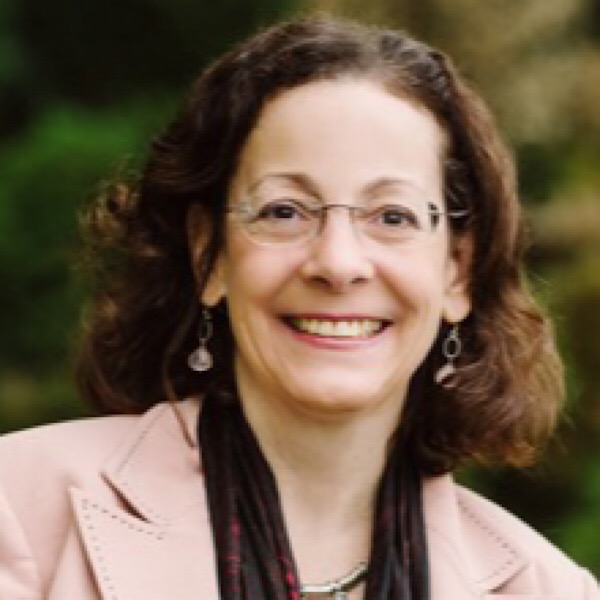Susan J. Littman, M.D. is a renowned doctor skilled in the field of Geriatric Care. As an award-winning oncologist, her influence can be observed far and wide throughout the medical community and her patients’ lives.
AMBLER, PA, June 11, 2020 /Neptune100/ — Before COVID-19 gripped the nation, Pennsylvania physician, Dr. Susan J. Littman, had taken part in an exclusive interview with TSR News Group. This was in early March, but by the time the interview was scheduled to come out one week later, the world had already been thrust into a new reality. So the article was delayed. But, now, for the first time ever we are proud to present it in full. If you’d like to learn more about Dr. Littman before reading the interview please click here.
TSR News Group
What led you to seek out a career in medicine?
Dr. Susan Littman
I like that question because I didn’t go into medicine in the traditional way. I wasn’t a pre-med [student] as an undergraduate. I was interested in biology and natural sciences.
But then, right after I graduated from college, I had two illnesses in my family, which profoundly affected me, and that led me to think more about medicine. I got a job, first in a molecular biology lab where I volunteered, and then I got a job as a technician at the medical school.
And then, through that, I learned more and more about medicine and got the pre-med requirements out of the way. And eventually I got into medical school, but I was really driven by the tragedy—if you want to call it that—and the personal experience with medical issues in my family.
TSR News Group
Let’s discuss expertise. Tell me about your specific areas of practice, Dr. Littman.
Dr. Susan Littman
I did a residency in internal medicine. I really love internal medicine, because you learn through practice about all parts of the body, you learn about all the different organs, and you really understand sort of the basic medicine [as it relates to] people. I was lucky that my residency was at a place that really taught me to think about when a patient presents certain symptoms, you can recognize that you’re a good clinician.
Also, it was very academic, so it drove you to also think about the basic biology and the clinical biology, so you could be really a better physician. I really like internal medicine in that regard—you become a good doctor because you understand how all the parts of the body interact with each other to produce symptoms.
You choose what interests you, I suppose. But I’ve always felt that it’s a background in medicine that creates a doctor; a very broad base. So even though I went on to specialize in one field, I still have an understanding of many areas of medicine. I chose hematology oncology and it has to do with the fact that those were the problems that I experienced in my family. That’s sort of what drove me to understand oncology and basic molecular biology. It’s because I was experiencing those types of illnesses—and the complications of those illnesses—in my family.
It was a way of getting to understand what was happening, but also to help other people with those same kinds of issues. Through the parallel of personal experiences with the learning, the training, I was able to merge together like things that… not every person can do this because of the tragedy and the compassion that you learn, as well as the basic hard facts about how to care for somebody—and the knowledge that’s necessary in practice.
TSR News Group
What do you find is the most rewarding part of your job?
Dr. Susan Littman
I actually find that it’s the personal interactions with the patients and being able to listen to them saying, like, ‘Here’s my complaints, here’s what’s going on with me. That’s why I’m coming to the doctors, because I’m feeling a pain here, or this part is swelling,’ and then just trying to figure it out in your mind because you are not an X-ray machine! But you also like think through what [the patients] are complaining about, what’s going on with what you know about their history, ordering the right test, and then it’s so great when everything kind of comes together, and you can really help people.
I also really love just talking to people and getting to know them. I find that almost to be the second most rewarding part; learning about what makes them tick. Not necessarily, truly medicine, but I enjoy that aspect. I have a hard time keeping to a short visit but it makes it really more enjoyable!
TSR News Group
That’s great. I love that answer. What advice do you have for the younger generation considering or already entering a career in medicine?
Dr. Susan Littman
I know it sounds a little cliché, but follow your heart if that’s what you think that you want to do. It’s a hard, uphill battle in many senses, because you have to work hard as an undergraduate. Medical school itself is hard—there are a lot of tests and memorization and whatnot and then you have many years of long hours—but in the end it is such a rewarding field. I’ve always thought that one beauty of medicine is that people can come into it from all angles. Like, you could be an undergraduate in art history, get the requirements, and come into medicine.
You could be a biologist. Everybody has a different perspective on things, and then, similarly, once you get through medical school you can do all kinds of different things. You can be a radiologist, you can be a surgeon. In internal medicine—the field that I chose—you can go on to learn a subspecialty, thereby allowing tremendous flexibility in terms of what you do and what gets you excited.
What is really neat about it is that it really has so much to offer as a profession. And you can do what I also did: a lot of research most of my career, basic and applied, so you can ask really fundamental questions if that’s what interests you, and then integrate it into your medical practice. So, it’s a lot of work but it’s very, very rewarding.
For further reading please click here.





